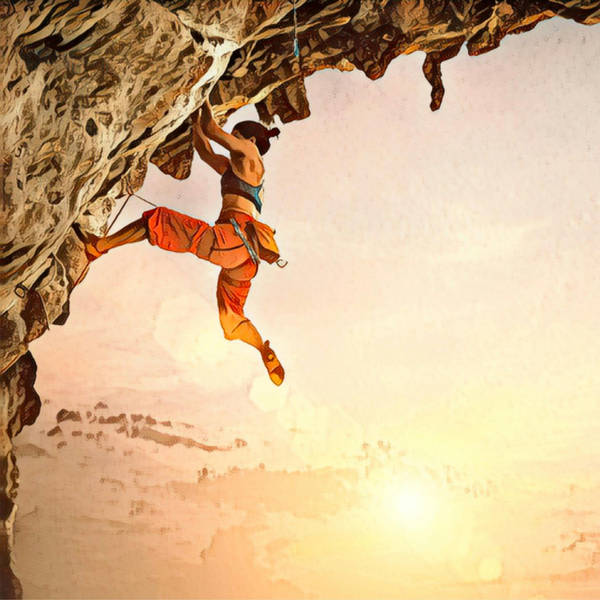
Genealogies of Modernity Episode 1: Climbing the Mountains of Modernity
We all know many stories about how modernity came about. But what does it mean to be “modern”? This episode comes at the question through the test case of mountain climbing and rock climbing. Claims to becoming modern through climbing often point back to Italian humanist Francesco Petrarch’s ascent of Mt. Ventoux in 1336, a climb that made him, according to many historians, “the first modern man.” But Petrarch was by no means the first person to climb Mt Ventoux, and his own account is, if anything, counter-modern. By surveying evidence of much earlier climbing in Europe and pre-contact North America, the episode argues that humans have always been climbing mountains and scaling cliffs for a wide variety of reasons. Only recently did they start to think of these achievements as making themselves “modern.” It turns out that to claim to be modern is one of the most modern things you can do.
Researcher, writer, and episode producer: Ryan McDermott, Associate Professor of English, University of Pittsburgh
Featured Scholars:
Shannon Arnold Boomgarden, Director of Range Creek Field Station, University of Utah
Larry Coats, Career-line Associate Professor of Geography, University of Utah
Peter Hansen, Professor of History, Worcester Polytechnic Institute
Dawn Hollis, Independent Historian
Special thanks to: Jake Grefenstette, John-Paul Heil, Jason König, Michael Krom, Michael Puett
Media and scholarship referenced:
Hansen, Peter. The Summits of Modern Man: Mountaineering after the Enlightenment. Cambridge: Harvard University Press. 2013.
Hollis, Dawn. “Mountain Gloom and Mountain Glory: The Genealogy of an Idea.” ISLE: Interdisciplinary Studies in Literature and Environment 26:4 (2019): 1038-61.
For transcript, teaching aids, and other resources, visit https://genealogiesofmodernity.org/season-ii.
Learn more about your ad choices. Visit megaphone.fm/adchoices
